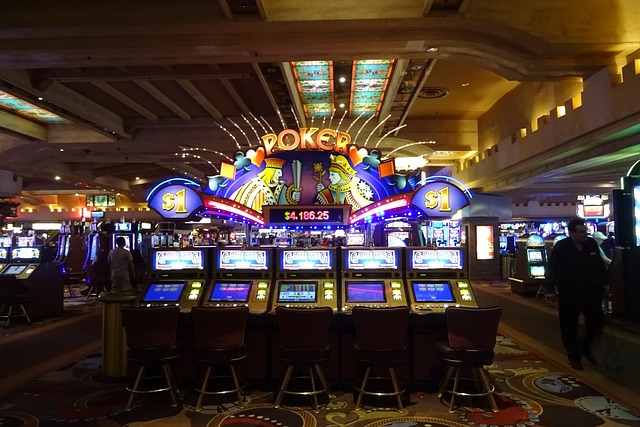Social media has transformed nearly every industry, and gambling is no exception. Once limited to casinos and betting shops, gambling communities now thrive online through platforms like Reddit, Discord, X (formerly Twitter), and YouTube. These spaces bring together players, streamers, analysts, and fans who share strategies, discuss odds, and celebrate wins — or vent about losses. Understanding how social media shapes gambling culture is essential for both operators and players who want to stay ahead of trends.
The Rise of Online Gambling Communities
Online communities have become the heart of modern gambling culture. Forums and social channels allow players to exchange tips, post results, and debate new casino platforms in real time. What used to be solitary or local activities are now global conversations accessible to anyone with an internet connection.
These communities thrive on transparency and collaboration. Players compare casino reputations, bonus structures, and payout reliability, often exposing shady operations before they spread. This shared knowledge helps newer players avoid common pitfalls and find trustworthy platforms more easily.
For many, social media also adds a layer of entertainment. Watching others play or betting alongside friends in group chats makes gambling feel social and participatory — even when users are miles apart.
How Platforms Shape Behavior

Each social media platform fosters unique gambling-related behaviors. Reddit encourages deep, discussion-based exchanges. Discord supports tight-knit, private groups with real-time chat and betting coordination. YouTube and Twitch highlight live reactions, tutorials, and commentary, blending gambling with performance.
| Platform | Common Use in Gambling | Notable Features |
|---|---|---|
| Strategy discussion, casino reviews | Voting system filters reliable info | |
| Discord | Group betting, watch parties | Real-time communication, private servers |
| X/Twitter | News, live odds, influencer insights | Fast updates, trending discussions |
| YouTube/Twitch | Live casino streams, tutorials | Entertainment-driven, community chat |
The diversity of platforms means players can choose how they want to engage — anonymously, casually, or socially. However, it also means the tone and accuracy of information vary widely, depending on the platform’s moderation and audience.
The Influence of Gambling Influencers
Influencers and streamers have become powerful voices in the gambling world. They shape public perception, promote specific platforms, and create content that blurs the line between information and marketing. A popular streamer’s endorsement can drive thousands of sign-ups for a casino within days.
However, this influence comes with ethical challenges. Viewers may not always know when content is sponsored or when streamers play with casino-provided funds. Transparency and clear disclosures are vital to maintain credibility and protect audiences from misleading promotions.
Influencers who educate responsibly — showing realistic risks, responsible gambling habits, and data-driven strategies — can elevate the industry’s reputation and help viewers make informed decisions.
Benefits and Risks of Social Gambling Spaces

Social media enhances the gambling experience by making it more interactive and accessible. Players can share real-time insights, learn from others’ mistakes, and build a sense of belonging. These communities often support responsible gambling by sharing tools, setting challenges, and encouraging self-control.
However, social gambling spaces can also amplify risky behaviors. Constant exposure to big wins, flashy promotions, and social validation can normalize excessive gambling or create unrealistic expectations. Without moderation, online groups may unintentionally promote impulsive betting patterns.
The key for players is to engage mindfully. Participating in discussions and following streamers should complement entertainment and learning — not drive compulsive habits.
The Future of Social Gambling Communities
As gambling continues to merge with digital culture, social media’s influence will only grow. Emerging platforms that integrate gambling features directly into social ecosystems — such as live betting feeds or embedded casino games — could redefine how users play and interact.
At the same time, regulators are watching closely. Stricter guidelines around gambling content, influencer marketing, and age restrictions are expected to ensure that these communities promote transparency and responsibility.
Operators who embrace authentic community engagement rather than one-sided advertising will stand out. By supporting discussions, education, and open communication, they can turn social platforms into powerful trust-building tools.
In the end, social media has made gambling more transparent, interactive, and community-driven than ever before. Yet, with great connectivity comes great responsibility — both for those who create content and for those who consume it.
